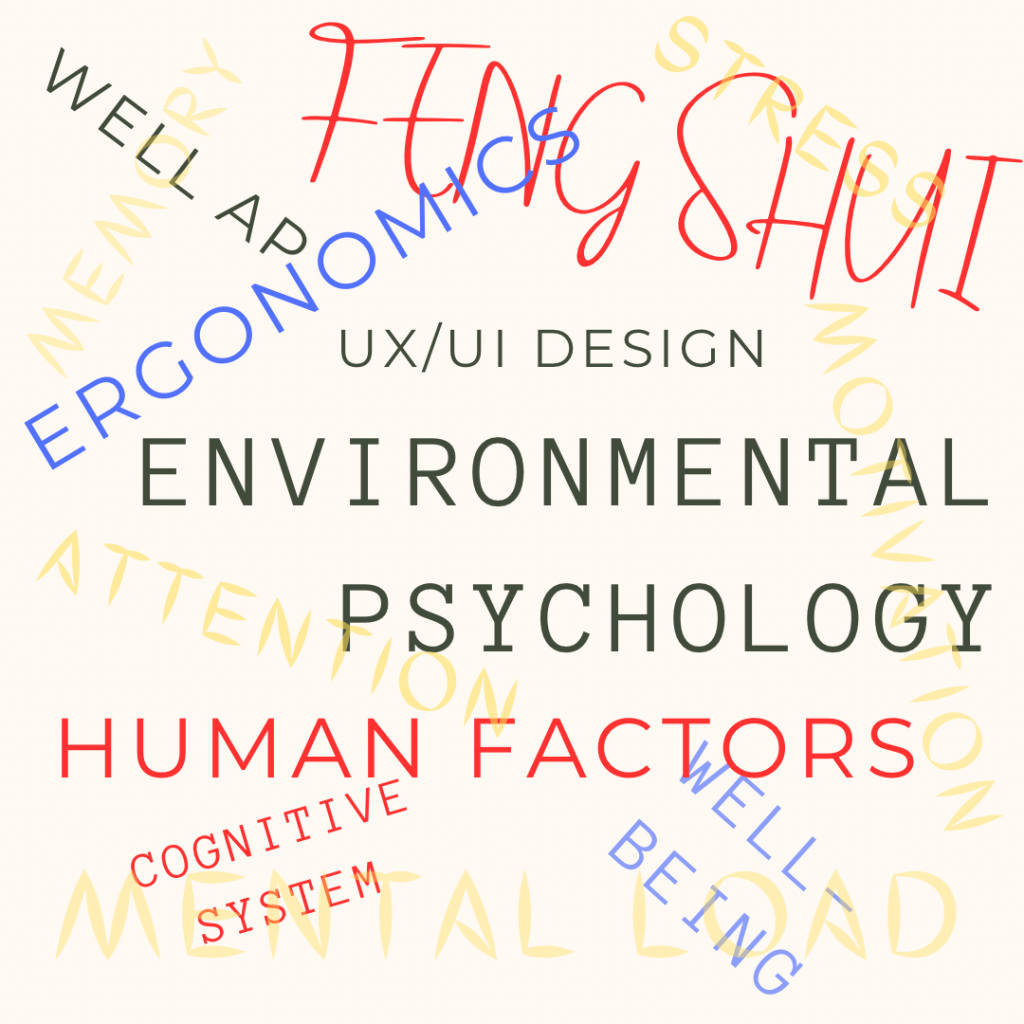I recently watched an informative overview lecture on cognitive ergonomics by V.V. Velichkovsky. As I listened, I thought of Vladimir Mikhailovich Munipov, one of my university’s most fascinating professors. He spent 110 hours teaching us Industrial Psychology, and I was given a “excellent” grade. He was the first person in the USSR to defend a doctoral dissertation in ergonomics much earlier, in 1988. His lectures were stimulating, highly educational, and enhanced by his personal experience. It’s regrettable that he’s no longer with us.
Ergonomics has always piqued my interest because it encompasses both individual well-being and the influence of the environment to some extent. Both ergonomics and industrial psychology clearly aim for individuals to be as functional as possible in the workplace—productive, efficient, and so on. My focus, however, has always been on individuals being functional for themselves—achieving their goals while having the environment assist or at least not hinder them. And if a person needs to work at any given time, the environment should support their work, and if they need to relax, it should facilitate their rest.
Ergonomics is defined as a scientific discipline that studies the interaction of humans with other system elements, as well as the application of this science’s theory, principles, data, and methods to ensure human well-being and optimize overall system performance. In essence, the definition implies the existence of a system whose performance must be improved while keeping the individual’s well-being in mind. In my private consultations, however, I perceive a person’s life as that system whose performance we must optimize – through various means such as adjusting the environment (Feng Shui, psychology, neuroscience, ergonomics, etc.) and coaching.
The lecturer repeatedly emphasized that we have all become “computer operators” to a large extent in today’s world because screens and buttons, both physical and virtual, are now present in almost every workplace. As a result, modern ergonomics places a premium on what happens on the monitor—how to better organize it for “system performance.” This made me wonder, what is the difference between our field of vision at work or in any other setting, such as sports or leisure, and that of a computer monitor? There isn’t much of a difference in my opinion. There is a primary focus in front of you, whether it is a monitor, a phone, or a notebook, and everything else is superfluous and only serves as a distraction. A phone notification or a family member/colleague entering your office with news are both distractions to your attention. As a result, the fewer distracting events, both on and off the screen, the better the focus on the current task.
To be honest, the lecture covered so many intriguing subjects that could help me look at Feng Shui and coaching in new ways that they simply cannot be covered in one short note. I hope to return to this topic one day…





